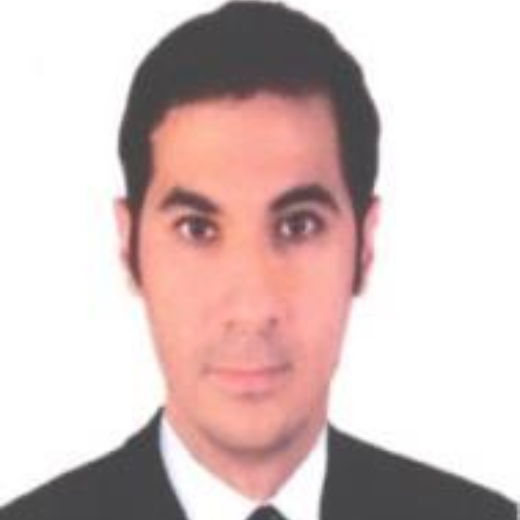
Tarek M. Said
Work place: Fayoum University, Faculty of Engineering, Department of Electrical Engineering, Fayoum, POBox: 63514, Egypt
E-mail:
Website:
Research Interests: Physics & Mathematics, Physics
Biography
Tarek M. Said was born in Fayoum, Egypt, in 1976. He received the B.S. degree in 1998,
M.S. degree in 2004, both in Electrical Engineering from Cairo University, Egypt. In 2009,
he received the Ph.D. degree from University of Arkansas at USA. Since 2010, he has
joined the Department of Electrical Engineering at Majmaah University in Saudi Arabia. In
June 2012, he has been with the Department of Electrical Engineering at Fayoum University,
Egypt and currently holds the rank of Assistant Professor. His research interests include
dielectric properties of human tissues and multiple scattering of waves in random media.
Author Articles
Microwave Detection of Water Pollution in Underground Pipelines
By Ahmad H. Abdelgwad Tarek M. Said Amr M. Gody
DOI: https://doi.org/10.5815/ijwmt.2014.03.01, Pub. Date: 1 Oct. 2014
An electromagnetic model is proposed to detect water pollution in underground pipelines. Contaminants present above a certain level in water can be a public health hazard. The contrast in the dielectric constant between contaminated and fresh water is one of the most important parameters to be considered for detecting the presence of pollutants in water. Simulations of frequency response and time domain pulse wave through a multi-layer medium are presented. The complex dielectric permittivity of polluted water has been measured as a function of frequency and analytically represented by Cole-Cole fit model. Water pollution can be detected by observing the variation of the reflection coefficient or reflected signals from unpolluted and polluted water. The experimental set up is described and the procedure followed to obtain an effective permittivity data is outlined. These measurements are, to the best of the author's knowledge, the first of its kind to be published. Microwave technique discussed in this manuscript for water pollution study is a pioneer technique to detect various pollutants in water.
[...] Read more.Other Articles
Subscribe to receive issue release notifications and newsletters from MECS Press journals